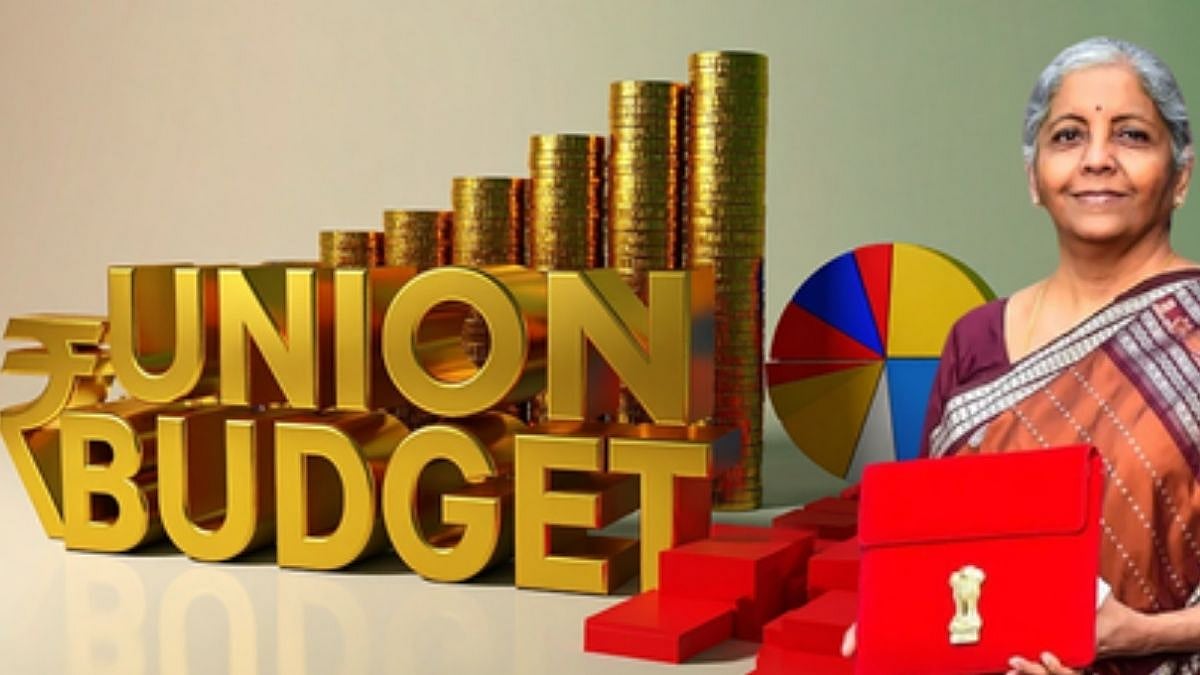The global economic environment is typified today by considerable volatility which transcends the markets and enters the real economy that involves basic GDP growth. The driving factor, in a way, is oil. Fickle oil prices have caused considerable distortion and the crux is hence getting a hold on how they will move. This has become very difficult, for a variety of reasons.
The price of oil has moved to less than $100 a barrel, which has given some relief to all countries. But the question is, for how long will this last? It may be recalled that until the point when the EU had decided to impose harsher sanctions on oil and gas from Russia, the price had come down to the $110 level which gave hope that prices could go below the $100 mark. But with the sanctions being imposed, the price went back to the $120/barrel level which had central banks taking a more aggressive view on interest rates.
The oil price forecast is hence the most critical factor for all policy formulation - especially monetary policy. As long as there is volatility in this market, there would be an upward thrust to overall inflation which in turn will influence interest rate actions. Global commodity prices have tended to move downwards post-May, which gives an impression that the worst may be over. But oil remains the joker in the pack as it has potential to cause considerable distortion.
The price of oil is driven by three sets of factors – demand and supply topped by the extraneous factor of politics. On the supply side there are conundrums. Theoretically there are around 1.65 trillion barrels of oil reserves which can last for around 50 years. The challenge is to make adequate investments to drill and make available this oil to the users. The decision to invest is based on demand forecasting, which is being influenced progressively by the focus on alternative fuels that has gained in fashion. With green energy being spoken of and countries aggressively exploring renewables, the oil producing countries have not been investing enough; this in turn has tended to cause supply shortfalls every time demand increases. Also, the development of shale fields in America has also caused drop in demand from conventional oil which in turn has kept investment down. Hence the willingness of the oil producing countries to invest will depend on their subjective judgments on future demand.
On the demand side, for the last decade or so there have been considerable swings in the growth trajectories of especially the western economies. Growth has not been smooth and unidirectional for countries in Europe as well as USA. Intuitively, as long as interest rates are benign in the west, it can mean that growth is still shaky and when central banks firm up rates, it is indicative of growth being on the fast track. The former situation means less demand for oil while the latter scenario would mean heightened demand, though not necessarily for non-shale oil.
The other factor which has played out is China. China was probably the fastest growing economy for almost two decades, as the model used was an investment-oriented one which also necessitated greater demand for oil. Industrialisation at a high decibel level increased the demand for energy. However in the last 5-7 years, the pace has slowed down as the investment-led model has its limitations in the absence of consumption growing at a similar pace. This has also led to a slowdown in the demand for oil.
The pandemic has upset the applecart further, with prices first plummeting and then rising as the world economy recovered. The Ukraine crisis has further exacerbated the situation with Russia, which is the second largest producer of oil, being eased out of the system virtually. The interesting thing here is that even a 1-2 mn barrel per day supply of oil can disrupt prices significantly due to the inability of other countries to produce more oil in the short run. Subsequently there have been different scenarios being presented on the state of the world economy. With the Federal Reserve as well as the European Central Bank to increase interest rates in the face of higher inflation, the expectations are that there could be a recession in the west. This is the irony with monetary policy, because any action to soothe inflation necessarily means that economic growth has to be slowed down on the demand side. This in turn has made markets bearish on oil, as a result of which the price has come down.
The question is whether or not this price of $100/per barrel can be sustained. The answer is that no one can tell, as while the price of any commodity is driven by the laws of supply and demand, the external factor which overrides the principles of economics is an unknown. Also, unlike other commodities, supplies cannot be jacked up easily as it is linked to investment.
Does this price matter to us? The answer here is yes, because presently with the price coming down, the oil marketing companies stand to benefit as they are making losses on sale of fuel ever since the retail prices were locked by the government. Hence the consumer gain will not be there while the companies will lower their losses. Lower price will reduce the import bill and hence there will be some comfort on the trade front, though exports of refinery products will also reduce in value terms. But if these prices are sustained, the RBI stance on rates may be less stringent as inflationary concerns have been linked inexorably with oil prices.
The writer is Chief Economist, Bank of Baroda and author of 'Lockdown or Economic Destruction?' Views are personal









